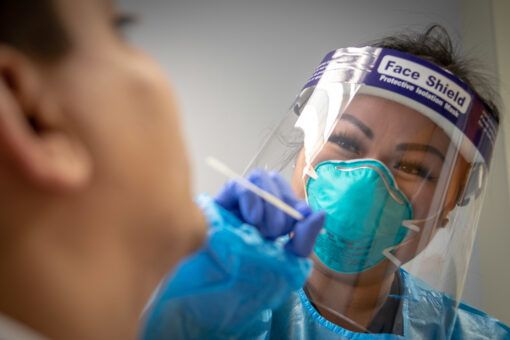
People who have recovered from COVID-19 may have acquired a degree of protection and be less likely to transmit the virus to others. It has been suggested that, if these people could be distinguished from others who are more susceptible, they should be freed from general restrictions that are in place to protect public health.
Antibody testing is currently being rolled out for research purposes but may offer a way to assess an individual’s risk of being infected and transmitting the virus to others, and could be used as the basis of a system of ‘immunity certification’ or more complex risk profiling.
The idea of immunity certification raises many ethical questions concerning respect for individual rights and interests, public health responsibilities, and social justice.
This policy briefing and background paper draw on discussions of testing, immunity, and solidarity at an online meeting of experts, hosted by the Nuffield Council on Bioethics on 24 April 2020. It also draws on earlier in-depth inquiries conducted by the Council, and reports published by the Council.